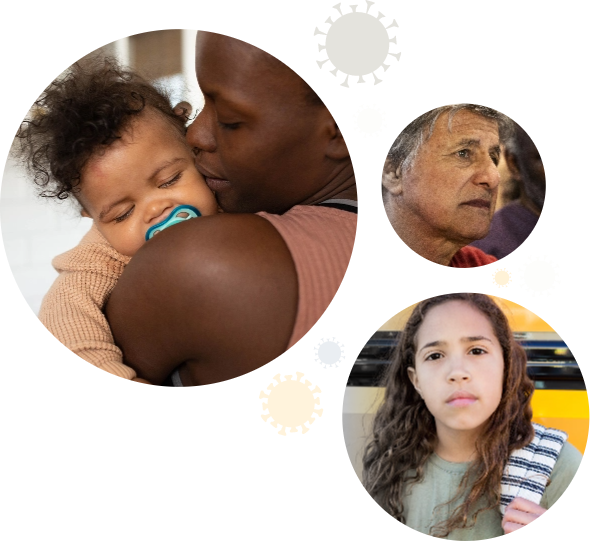About the Initiative
Taking a united and comprehensive approach to understanding, diagnosing, preventing, and treating Long COVID.
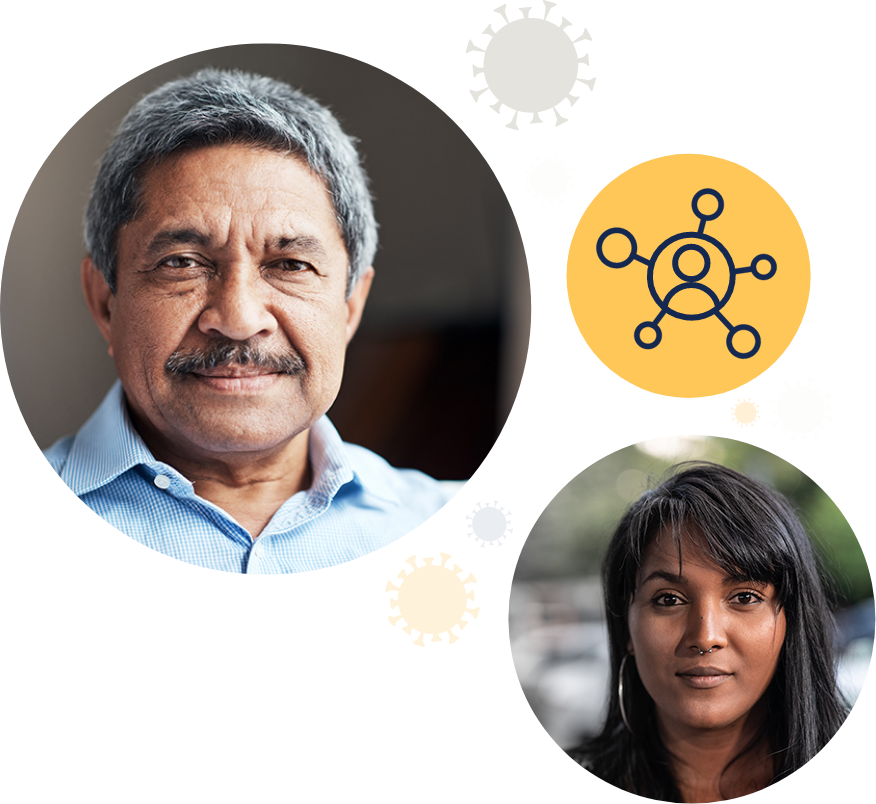
What is RECOVER?


Comprehensive
RECOVER studies involve tens of thousands of people from different backgrounds and all walks of life, hundreds of research investigators, and millions of electronic health records (EHRs). Findings from each RECOVER study type inform the other RECOVER studies to accelerate our understanding of Long COVID.

Patient-Centered
Patients, their families, and caregivers play critical roles in RECOVER research. By sharing their experiences and perspectives, they help us understand why and how Long COVID impacts people in different ways.

Adaptive Research Network
RECOVER’s mission is to address the widespread and varied impacts of Long COVID. Taking a multidisciplinary, large-scale approach allows us to address the complexity of Long COVID and find solutions for everyone.

Integrated Study Design
RECOVER research findings are compatible across all RECOVER studies. Study protocols are the same for each study type at each RECOVER study site. In this way, RECOVER researchers can learn from each other’s studies and get answers about Long COVID more quickly.
From August 2022 to February 2025, RECOVER was also part of the whole-of-government response to the longer-term impacts of COVID-19 including Long COVID and associated health conditions. The Office of Long COVID Research and Practice (OLC) within the U.S. Department of Health and Human Services (HHS) led this response. RECOVER collaborated with the OLC and 13 other federal agencies and departments to produce answers to urgent questions about the physical, psychological, emotional, social, and economic impacts of Long COVID.
Scientific Aims
Understand the range of recovery from Long COVID and changes it can cause in people’s bodies over time.
Define risk factors, understand the number of people getting Long COVID, and determine whether there are specific, different types of Long COVID.
Study how Long COVID changes over time and how those changes may relate to other illnesses.
Identify possible treatments for Long COVID symptoms.
How Does it Work?
Research Components & Information Exchange
RECOVER is unprecedented in its size and scope. It includes the world’s most comprehensive and diverse cohort of Long COVID patients. RECOVER researchers are studying a collection of more than 60 million EHRs for insights about those who received care during the pandemic. RECOVER has enrolled more than 30,000 adults, pregnant women, and children in observational cohort studies and clinical trials.

Patient Health Over Time
- Observational Cohort Studies
- Tissue Pathology (Autopsy) Studies
- Ancillary Studies
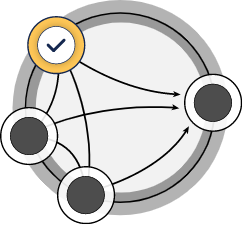
Clinical Science
- Pathobiology Studies
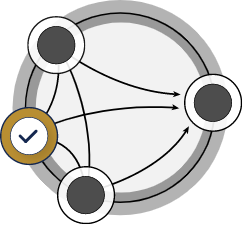
Real World Data
- Electronic Health Records (EHR) Studies
- Digital Health Program
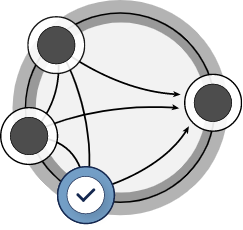
Treatments
- Clinical Trials
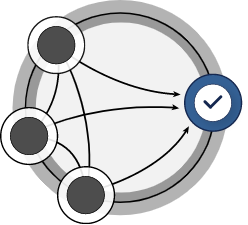
All Data Shared
RECOVER shares the data between the different types of research to understand, diagnose, prevent, and treat Long COVID.
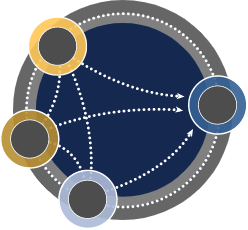
RECOVER is combining data from different types of studies to understand what’s happening in the body when people have Long COVID. These data include real-world health data, insights from the studies of people, the results of more than 60 pathobiology studies, and the results of tissue pathology (autopsy) studies.
Findings from each of these study types and patient experiences have informed the development of RECOVER clinical trials. These clinical trials test possible treatments to help with Long COVID symptoms.
Leadership
The RECOVER Initiative is led by three NIH Institutes:
National Heart, Lung, and Blood Institute (NHLBI)

National Institute of Allergy and Infectious Diseases (NIAID)

National Institute of Neurological Disorders and Stroke (NINDS)

RECOVER is composed of researchers, clinicians, support staff, and members of communities impacted by Long COVID. These groups work together to further our understanding of and improve our ability to prevent, diagnose, and treat Long COVID.
RECOVER study leadership includes:
Progress to Date

Built one of the world’s largest and most comprehensive cohorts of Long COVID study participants. Learn more about RECOVER’s diverse studies.

Launched clinical trials to test the safety and effectiveness of possible treatments for symptoms of Long COVID. Read more about RECOVER’s clinical trials.

Made new discoveries about Long COVID symptoms, who has Long COVID, why some people are more at risk of getting Long COVID, and how Long COVID can affect people differently. View RECOVER’s key findings.

Created a comprehensive and continually expanding library of RECOVER research findings via publications, plain language summaries, and video summaries.
What's to Come

New clinical trials testing possible treatments for Long COVID symptoms via RECOVER-Treating Long COVID (RECOVER-TLC). Watch video recordings of the 2nd Annual RECOVER-TLC Workshop sessions to learn more.

Phase 2 of the adult observational cohort study. Stay informed on the Observational Cohort Studies website.

The latest RECOVER research findings posted to the Publications page, including research summaries and video summaries. View RECOVER publications.

Expert perspectives and discussion about RECOVER research findings at monthly R3 Seminars. See upcoming R3 Seminars.

Monthly issues of the RECOVER Report newsletter with research updates, features, current events, and more. Sign up to receive the latest updates from RECOVER.

Answers to new questions about Long COVID using data and biospecimens. Discover how ancillary studies expand RECOVER’s scope.

Continued involvement of patients, caregivers, and community members in the research process. Learn about the RECOVER Representatives.
